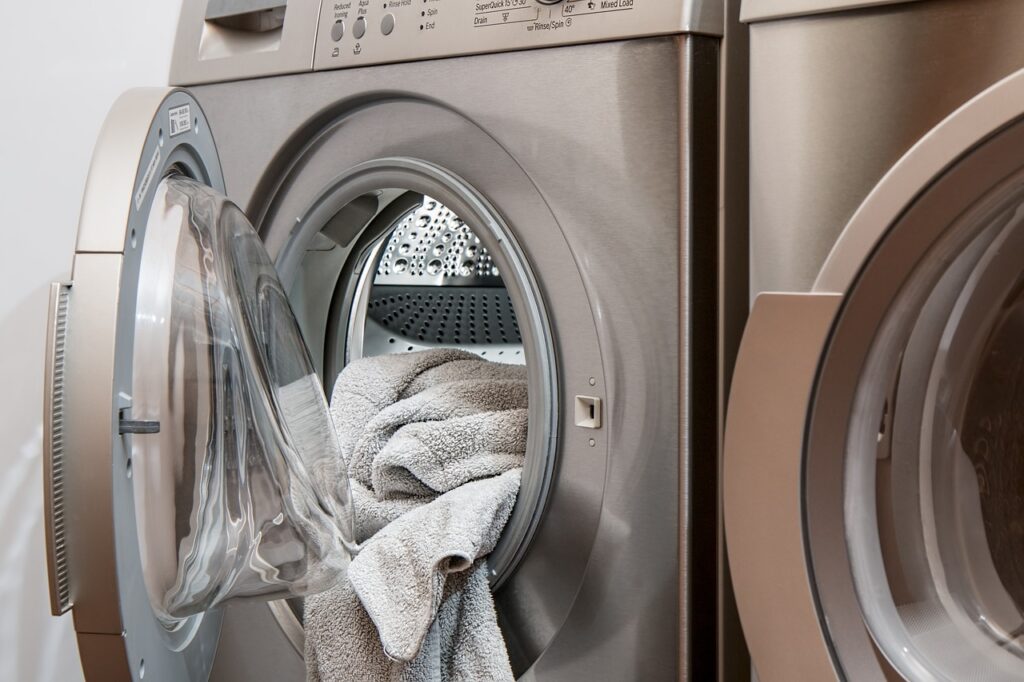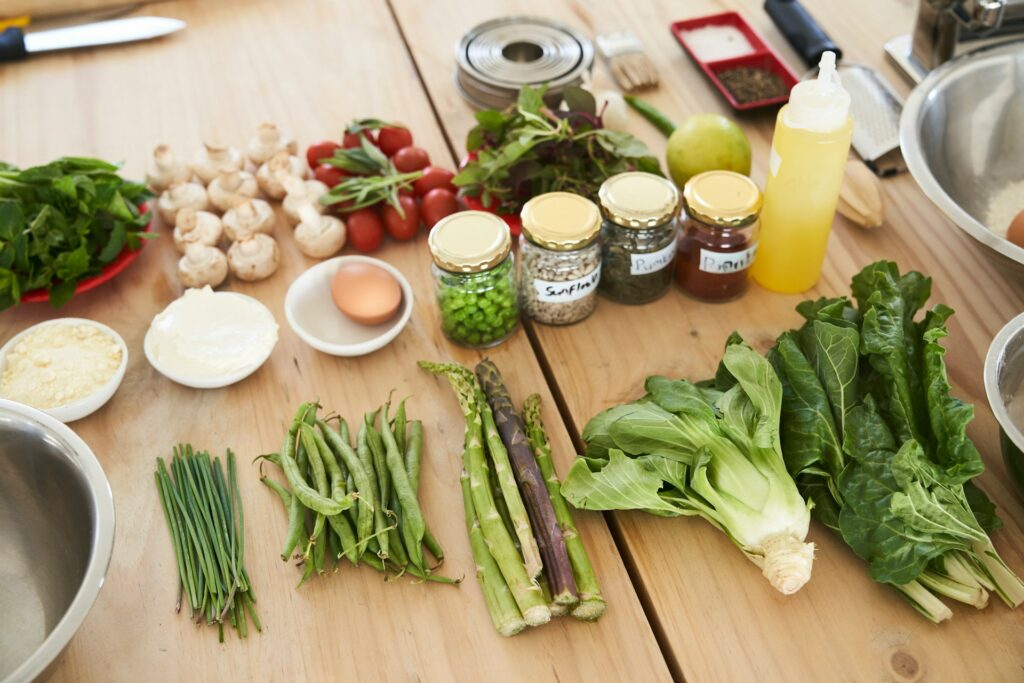Laundry detergent transforms from a mere cleanser to a wellness enhancer in a world where household chores nurture both cleanliness and personal health. Chemical-laden solutions give way to natural alternatives, tender to skin and planet alike. Amidst a societal awakening to health and sustainability, holistic living permeates every domestic facet. The choices we make within our homes reflect a broader ethos of mindful consumption and environmental stewardship.
What Are Natural Alternatives to Chemical Detergents?
Natural alternatives to chemical detergents include substances like baking soda, vinegar, lemon juice, and castile soap. Baking soda acts as a gentle abrasive and deodorizer, while vinegar cuts through grease and removes odors. Lemon juice’s acidity helps with stain removal and brightening whites. Castile soap, made from plant oils, is biodegradable and effective for cleaning various surfaces. These alternatives are eco-friendly, reducing chemical exposure and environmental impact. They’re also versatile, suitable for laundry, dishwashing, and household cleaning, promoting a healthier, more sustainable lifestyle.
Benefits of Using Natural Alternatives to Chemical Detergents
- Gentler on Skin and Health
- Environmentally Friendly
- Cost-Effective
1. Gentler on Skin and Health
Transitioning to natural alternatives such as homemade laundry detergents or plant-based soaps can significantly reduce exposure to harsh chemicals found in conventional products. Many commercial detergents contain ingredients like sulfates and synthetic fragrances, which can irritate sensitive skin and even cause respiratory issues. By opting for natural alternatives, you not only protect your skin but also promote better indoor air quality and overall health for your household.
2. Environmentally Friendly
Chemical detergents, laden with phosphates and pollutants, pose threats to aquatic ecosystems when flushed. Opting for natural alternatives crafted from biodegradable components mitigates your household’s environmental impact. Moreover, these substitutes frequently utilize eco-conscious packaging, curbing plastic waste and fostering sustainability efforts. Making this switch not only safeguards water bodies but also aligns with responsible consumption practices, contributing to a healthier planet for future generations.
3. Cost-Effective

Dispelling the notion that natural products are costly, numerous homemade or natural substitutes for chemical detergents prove to be economically viable over time. Common ingredients such as baking soda, vinegar, and castile soap are both budget-friendly and adaptable, catering to various cleaning needs beyond mere laundry care. Crafting your own detergents not only saves money but also empowers you to tailor scents and formulations according to your personal preferences and requirements.
Strategies on How to Achieve the Benefits of Natural Alternatives to Chemical Detergents
- DIY Recipes
- Conscious Consumerism
- Educate Yourself
1. DIY Recipes
Discover the world of DIY detergent with accessible, eco-friendly components such as baking soda, washing soda, borax, and aromatic essential oils. Tailor your concoctions to perfection through trial and error, achieving the ideal balance for your cleaning requirements and personal tastes. Crafting your detergent not only grants a sense of fulfillment but also empowers you with complete authority over the ingredients in your cleaning arsenal, promoting a healthier and more sustainable lifestyle.
2. Conscious Consumerism
When shopping for commercial cleaning products, prioritize those with labels highlighting natural, biodegradable, and cruelty-free ingredients. Opt for brands that uphold transparency and sustainable practices, endorsing companies dedicated to environmental and social responsibility. Your purchasing decisions wield significant influence in encouraging more businesses to embrace eco-friendly approaches. By supporting such initiatives, you contribute to a greener and more ethical marketplace, fostering positive change for both the planet and society.
3. Educate Yourself

Keep yourself informed about the health and environmental effects of chemical detergents through ongoing research and staying abreast of current trends and studies. Spread this knowledge among your social circle, encouraging healthier and more sustainable cleaning habits. By actively advocating for change and promoting education, you play a crucial role in cultivating a community dedicated to a cleaner, greener future. Your efforts contribute to a collective movement towards environmental consciousness and sustainability.
Conclusion
In embracing a holistic lifestyle, choosing natural alternatives over chemical detergents transcends mere trendiness to become a conscious commitment to enhanced health and sustainability. Prioritizing gentle ingredients, eco-friendly practices, and informed consumerism empowers individuals to reshape their household cleaning rituals into acts of both self-care and environmental stewardship. Envisioning a world where every wash cycle promotes a healthier, happier planet fuels our collective aspiration for a more harmonious relationship with nature. It’s a paradigm shift where daily choices reverberate positively, contributing to a global ethos of mindful living and responsible consumption. Let’s weave this vision into the fabric of our daily lives.







